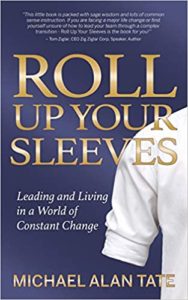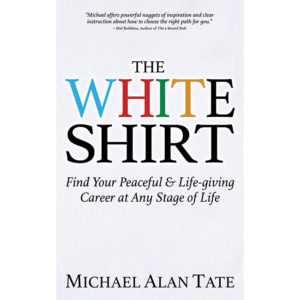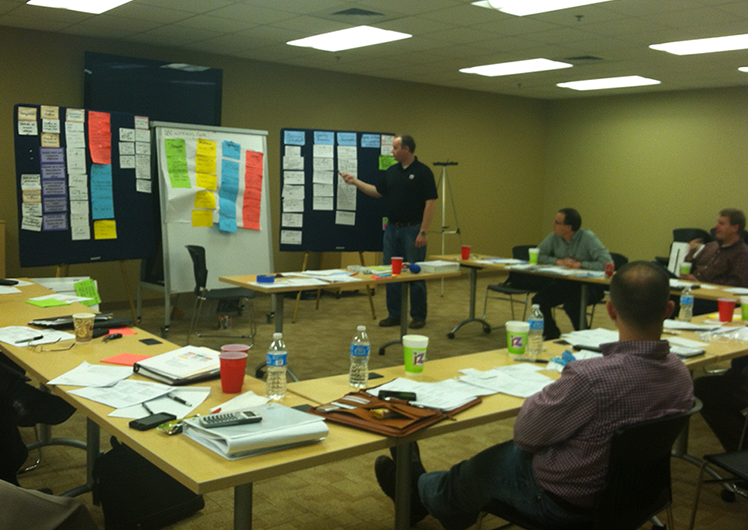Strategic Stillness
When you’re on a roll at work – completely focused, tearing through your to-do list – the last thing you want to do is take a break and lose momentum. But research shows that no matter how engaged we are in an activity, our brains inevitably tire, and we become more vulnerable to distractions. [1]
He is a 38 -year-old business analyst /senior project manager who has worked very hard all his life. He loves his job, is loyal to his boss and respects the mission of this large not-for profit organization, but he describes his workplace as a war zone. An environment where ever-rising performance expectations, do-more-with-less focus and out-of-control technology collide, compete and wreak havoc on employees’ health and ultimately stagnate productivity. “I see too many good people, who are too well meaning, too dedicated and too hard working pushed to exhaustion to give their best in our never-enough environment,” he says.
He joined this organization as a wounded warrior from a family business that lost their struggle to survive. As a result of the burnout he suffered there , combined with a recently diagnosed physical disorder, he can operate at his best for only 4-5 hours a day. Yet he has become the most productive manager in his division. Last month he was recognized by this multi-site health care system for his outstanding contribution to quality and efficiency. “How did you achieve this,” I asked him.
He said, “I am in the office all day like everyone else, but I know I have limited productive time. Ever hour I take a 15- 20 minute break to let my mind rest. Sometimes I take a walk, stretch, doodle or go for a snack with someone. The important thing is I get away from my computer completely”. (Note: Checking Facebook, private email or texting doesn’t count as rest)
He went on to say, “When I get still for this short time, I get better ideas and see simpler ways to achieve what needs to be done.” While his peers often attend 6-7 catch-up meetings a day, he holds 2-3 no-more-than -an -hour meetings daily. He told me he often feels guilty because he gets so much done in less time.” He confessed that his biggest challenge is not always the war zone workplace, but his natural craving to be busy and to work too hard – too long. Strategic stillness has become his mantra. It seems to be working, because others are asking the same question I did, but most are too busy to listen.
Journal Entry: How would you change the way your work day if you were limited to 4- 5 hours a day to get the results you needed to get? Could implementing strategic stillness help you be healthier and more productive in your leadership and life?
The doctrine of the vital few and the trivial many: there are only a few things that ever produce important results.
Most activity, en masse and individually, is a waste of time. It will not contribute materially to desired results – Vilfredo Pareto, Italian economist
Never to suffer would never to have been blessed. – Edgar Allan Poe, fiction writer
I believe all creative power comes from great stillness. If then, we are just quiet and afterwards act, the action will go further for there is alignment.We should not have to do much to change the whole world. – Glenn Clark, Theologian and Teacher
No matter how bad things are, you can always make things worse. – Randy Pausch, professor The Last Lecture
[1] Ariga, A., & Lleras, A brief and rare mental breaks keep you focused: Deactivation and reactivation of task goals preempt vigilance decrements Cognition (2011), doi: 101016/cognition. 2010. 12.007



